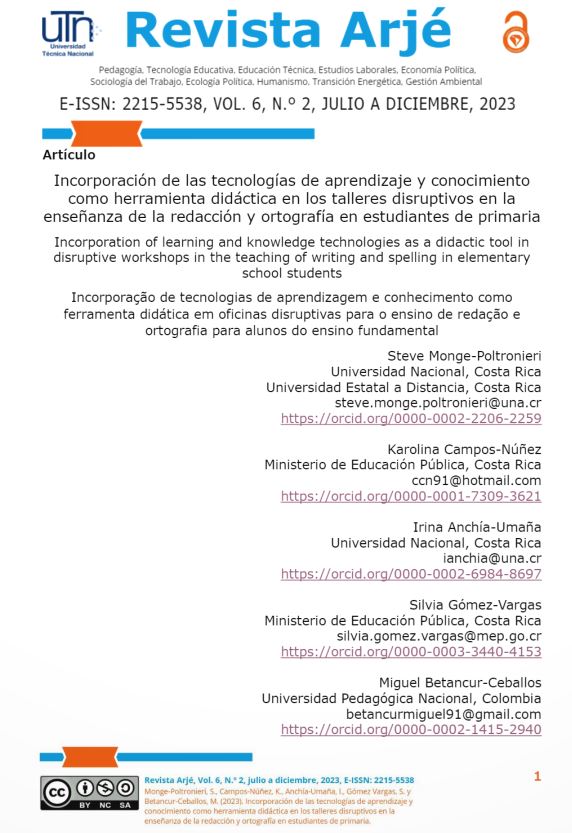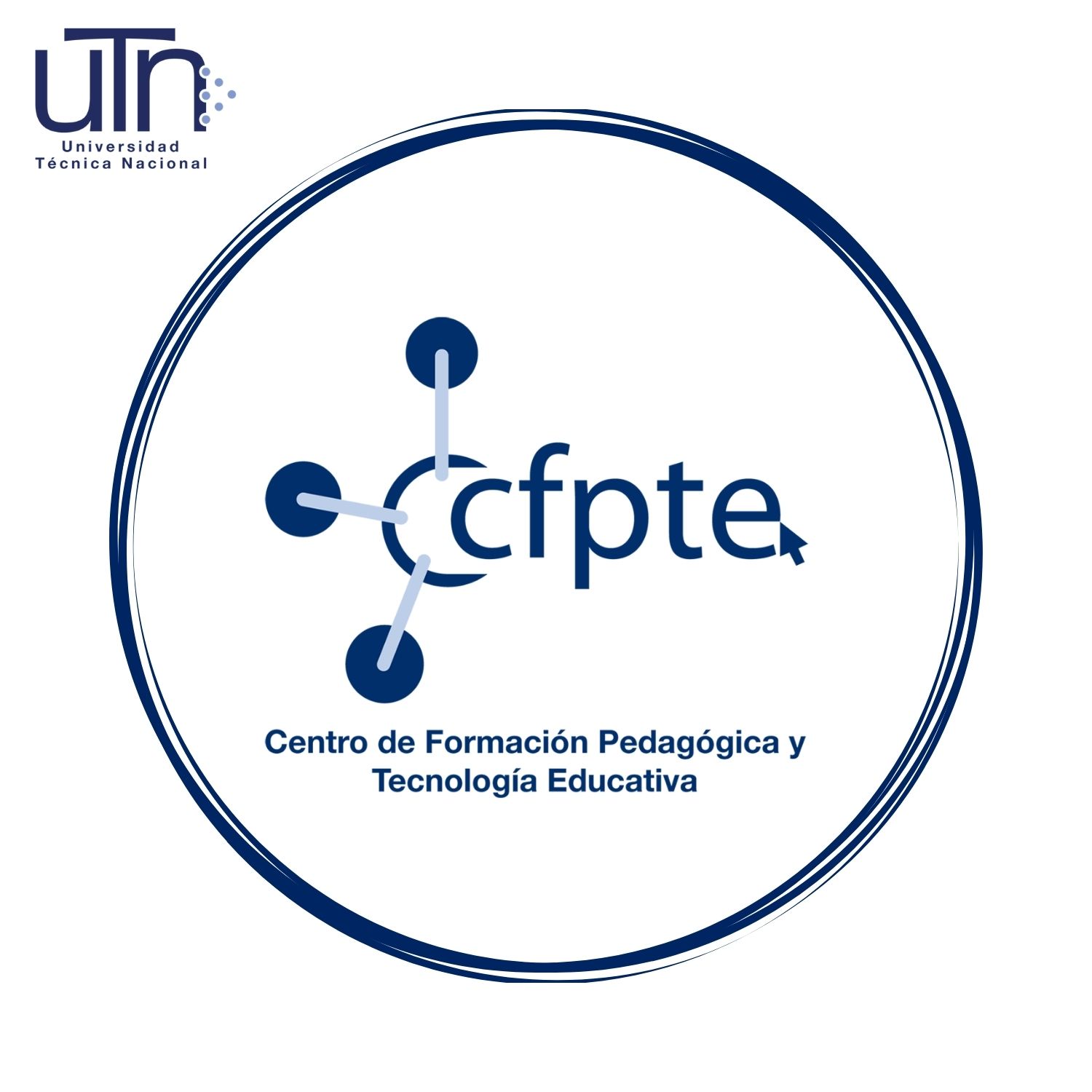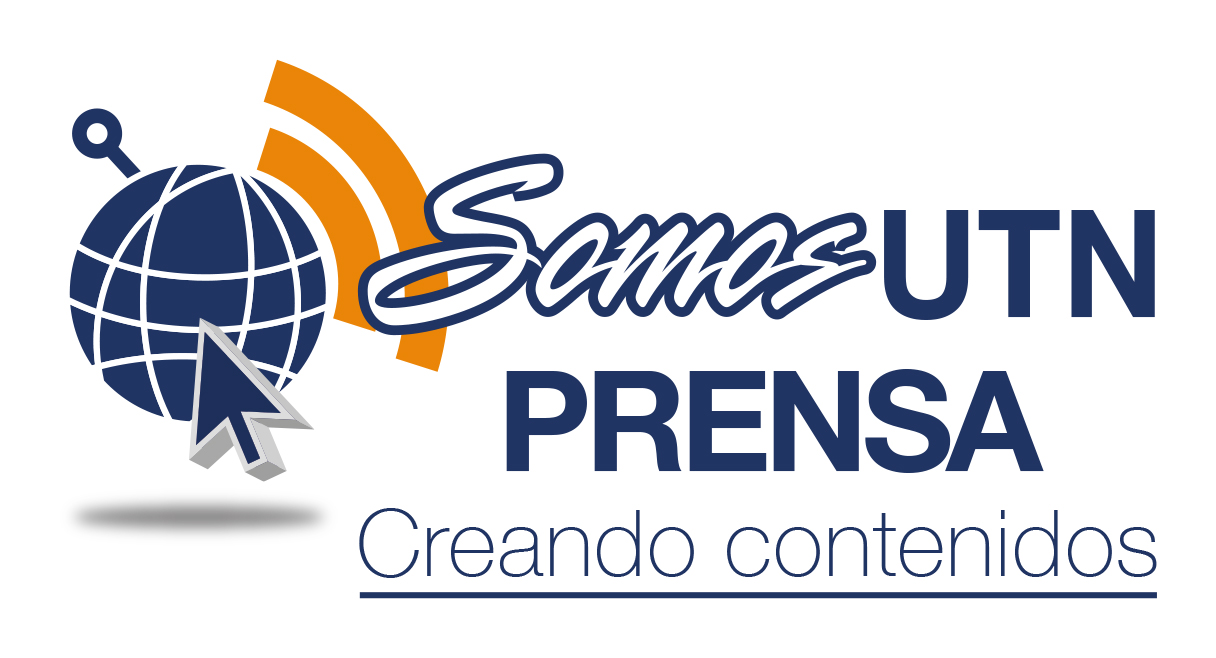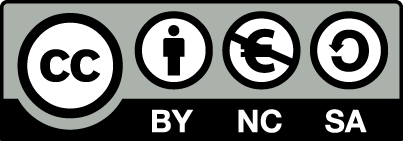Incorporation of learning and knowledge technologies as a didactic tool in disruptive workshops in the teaching of writing and spelling in elementary school students
DOI:
https://doi.org/10.47633/arje.v6i2.649Keywords:
Didactic Workshop, Writing, Spelling, Technology, SystematizationAbstract
The systematization of didactic experiences allows the theoretical understanding of a practical activity developed in the teaching and learning process, so that, through the analysis, understanding and improvement of the experience carried out, a reproduction of these experiences is possible, that responds in a contextualized way to the needs of students and their environment. The present systematization corresponds to the implementation of five writing and spelling teaching workshops in primary school students, in which the contents were the following: the use of capital letters, accentuation, nouns, connectors and concordance. Sixth grade students of basic general education participated in the workshops. The workshops were developed using learning and knowledge technologies, from which the teaching of the contents was put into practice in a creative and innovative way. The experience was developed in accordance with the capacities in material and technological resources that the institution has, so it should be noted that a diagnosis of the institution, the student body and the teaching staff will be necessary prior to the application of this type of workshop, so that the activities respond to the reality of each educational institution and its environment.
Downloads
References
Aguilar, A., Martínez, G., Bejarano, J., Madrigal, L. & Garro, M. (2018). La ortografía en el aula de educación primaria: estrategias didácticas para mejorarla. https://www.kerwa.ucr.ac.cr/handle/10669/77200
Arias, F. (2012). El Proyecto de Investigación: Introducción a la metodología científica. Episteme. https://bit.ly/2CrPJty
Baltodano, M., Chaves, U., Rojas, G., Castro, E., Masís, M., Hutchinson, S., Carvajal, V., Sánchez, G., Rojas, F., Murillo, S., Cubillo, K., Vargas, J., Campos, K., Rizo, C. y Murillo, Y. (2017). Prácticas didácticas mediadas con TIC por los docentes de la Educación General Básica de catorce regiones educativas de Costa Rica. https://www.mep.go.cr/sites/default/files/practicas_didacticasTIC.pdf
Bermejo, J., & Duerto Riva, R. (2018). Metodologías innovadoras para la enseñanza de la ortografía en educación primaria: ortografía ideovisual. https://zaguan.unizar.es/record/76816/files/TAZ-TFG-2018-3021.pdf
Carbol, M. y Severin, E. (2010). TICs en educación: una innovación disruptiva. Aportes, (2), 1-8. https://publications.iadb.org/publications/spanish/document/TICS-en-Educaci%C3%B3n-Una-Innovaci%C3%B3n-Disruptiva.pdf
Carriquí, L. (2015). La ortografía en el aula de educación primaria: propuesta didáctica. http://tauja.ujaen.es/bitstream/10953.1/2072/1/Carriqu_Palma_Laura_TFG_EducacinPrimaria.pdf.pdf
Chaves, A. (2002). Los procesos iniciales de lecto-escritura en el nivel de educación inicial. Revista Electrónica Actualidades Investigativas en Educación, 2(1), 1-24. http://www.redalyc.org/articulo.oa?id=44720104
Colegio de Licenciados y Profesores en Letras, Filosofía, Ciencias y Artes de Costa Rica (COLYPRO). (2015). La Pedagogía y la Educación. Dos conceptos distintos. http://www.colypro.com/revista/articulo/la-pedagogia-y-la-educacion.-dos-conceptos-distintos
Consejo Nacional de Rectores (2021). Estado de la Educación. https://estadonacion.or.cr/wp-content/uploads/2021/09/resumen_ee.pdf
Fallas, I. y Trejos, I. (2013). Educación en la sociedad de la información y el conocimiento. Editorial Universidad Estatal a Distancia.
Fernández, A., Fernández, P. & Leoni, J. (2016). Perfeccionamiento lúdico de la ortografía en dispositivos móviles. Káñina, 40, 193-197. https://www.scielo.sa.cr/pdf/kan/v40s1/2215-2636-kan-40-s1-193.pdf
Ghiso, A. (2006). Prácticas generadoras de saber. Reflexiones freirianas en torno a las prácticas de sistematización. La Piragua. Revista Latinoamericana de Educación y Política, 23, 39-49. https://goo.gl/UxcaZ5
Huanqui, F. (2017). Producción de textos para mejorar la redacción y ortografía de los estudiantes del sexto grado de educación primaria de la Institución Educativa N° 40172 del Distrito de Chiguata-Arequipa. http://repositorio.unsa.edu.pe/bitstream/handle/UNSA/5974/EDMhuchf.pdf?sequence=3&isAllowed=y
Jara, O. (2020). Orientaciones teórico-prácticas para la sistematización de experiencias. http://148.202.167.116:8080/xmlui/bitstream/handle/123456789/3845/Orientaciones_teorico-practicas_sistematizar_experiencias.pdf?sequence=1&isAllowed=y
Latorre, E., Castro, K. & Potes, I. (2019). Las TIC, las TAC y las TEP: innovación educativa en la era conceptual. http://repository.usergioarboleda.edu.co/bitstream/handle/11232/1219/TIC%20TAC%20TEP.pdf?sequence=1&isAllowed=y
Ministerio de Educación Pública de Costa Rica. (2013). Programa de estudio de Español. Segundo Ciclo de la Educación General Básica. https://www.mep.go.cr/sites/default/files/programadeestudio/programas/espanol2ciclo.pdf
Ministerio de Educación Pública de Costa Rica. (2015). Fundamentación pedagógica de las Transformación Curricular: Educar para una Nueva Ciudadanía. https://www.mep.go.cr/sites/default/files/documentos/transf-curricular-v-academico-vf.pdf
Ministerio de Educación Pública de Costa Rica. (2022). Programa de Estudio Español II Ciclo de la Educación General Básica 2014. https://www.mep.go.cr/sites/default/files/programadeestudio/programas/espanol2ciclo15.pdf
Murillo, M. (2013). La ortografía española y su didáctica en la educación general básica. Revista Káñina, 37(1), 79-99. http://www.redalyc.org/articulo.oa?id=44249256006
Murillo, M., Ugalde, D., Barquero, K. y Bermúdez, J. (2021). Adaptación curricular y énfasis de la mediación pedagógica para la enseñanza del español en la primaria durante la pandemia. Ponencia preparada para el Octavo Informe Estado de la Educación. PEN, CONARE.
Organización de las Naciones Unidas para la Educación, la Ciencia y la Cultura (UNESCO). (2017). Educación. http://www.unesco.org/new/es/santiago/education/
Pinheiro, C. y Mena, P. (2014). Padres, profesores y pares: contribuciones para la autoestima y coping en los adolescentes. Anales de Psicología, 30(2), 656-666. https://dx.doi.org/10.6018/analesps.30.2.161521
Poveda, R. y Mannning, G. (2021). Las repercusiones de la huelga del 2018 y la covid-19 en la aplicación de los Programas de Estudio de Matemáticas. Ponencia preparada para el Octavo Informe Estado de la Educación. PEN, CONARE.
Vásquez, E. y León, R. (2013). Educación y Modelos Pedagógicos. http://www.boyaca.gov.co/SecEducacion/images/Educ_modelos_pedag.pdf
Villalobos, L. (2017). Enfoques y diseños de investigación social: cuantitativos, cualitativos y mixtos. EUNED.









